15 Reasons Your Dog Prefers Treats Over Regular Meals
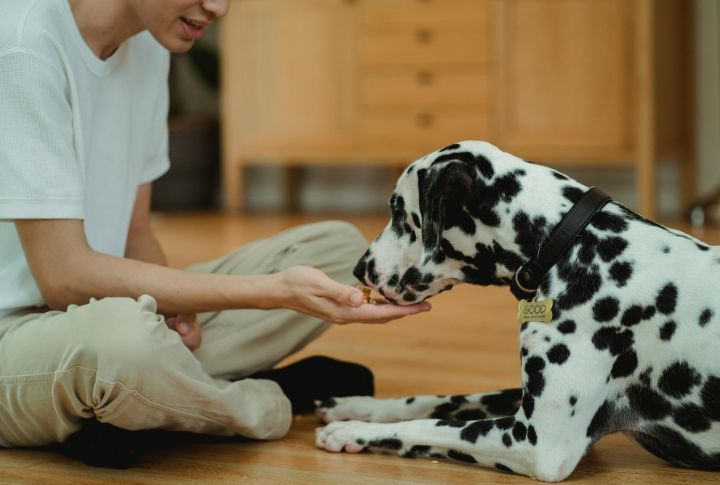
Are you wondering why your dog happily munches on treats but refuses regular meals? This common issue can leave many dog owners scratching their heads. Is it a simple case of boredom or something more serious? Here are the most common reasons and how to deal with them.
Stress and Anxiety
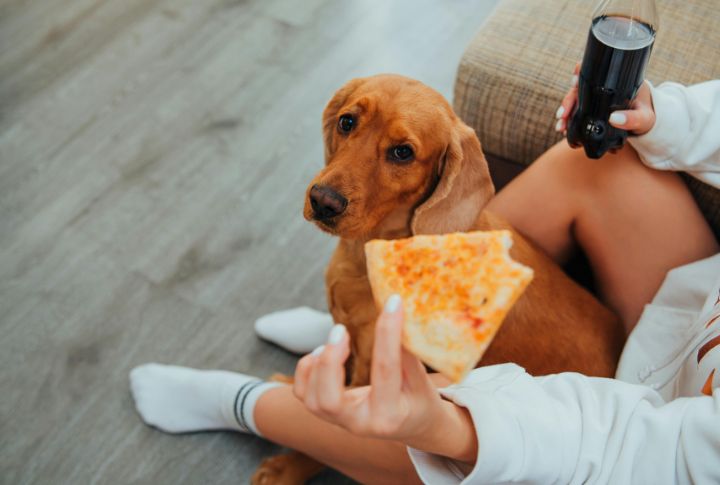
Stress or anxiety can affect your dog’s appetite, leading them to reject their regular food while still accepting treats. Environmental changes, loud noises, or even separation anxiety can trigger this. Addressing the root cause of their stress might help them get back to normal eating habits.
Routine Disruptions
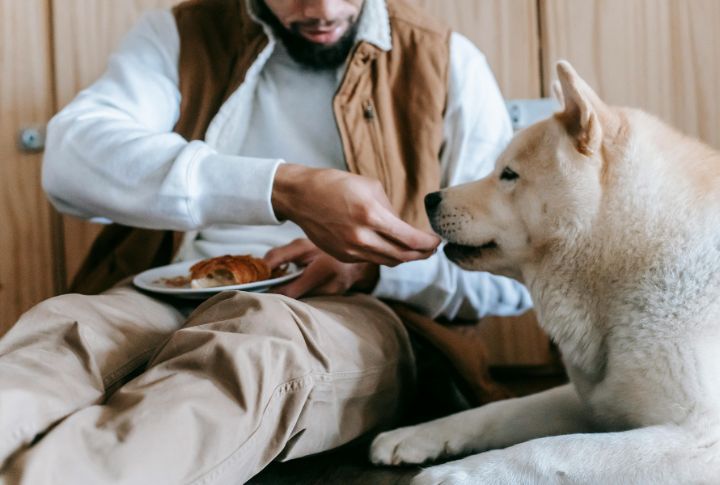
Dogs thrive on consistency, so sudden changes in their feeding schedule or environment can disrupt their eating habits. If your dog has recently experienced a shift in routine, this could be why they’re avoiding food. Reestablish a predictable feeding schedule to help them adjust.
Too Many Treats
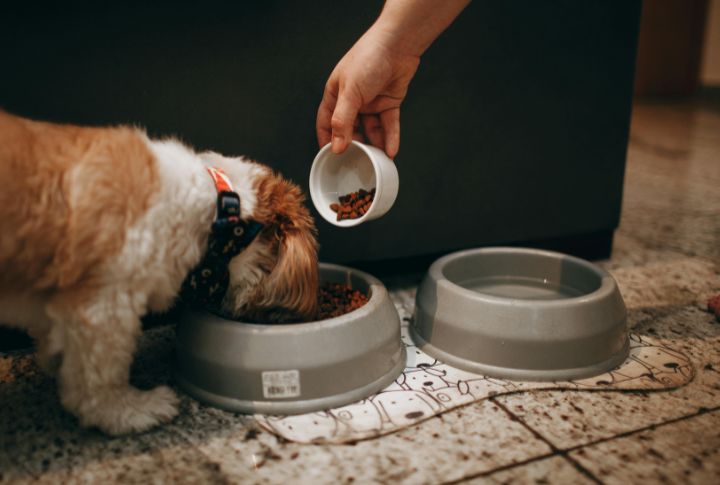
Overfeeding treats can leave your dog too full to eat their regular food. Treats should only make up 10% of their daily calories, so cutting back on extras might encourage them to focus on meals. Make sure you’re not accidentally filling them up with snacks throughout the day.
Dental Pain
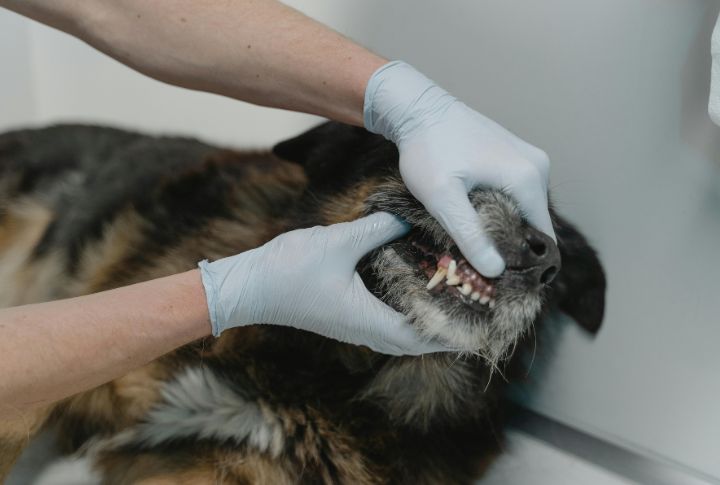
If your dog is struggling with dental pain, chewing their regular food can become uncomfortable. Issues like gum disease, broken teeth, or oral infections may lead them to favor soft treats instead. Check for signs like bad breath or swollen gums, and consult your vet.
Medical Conditions
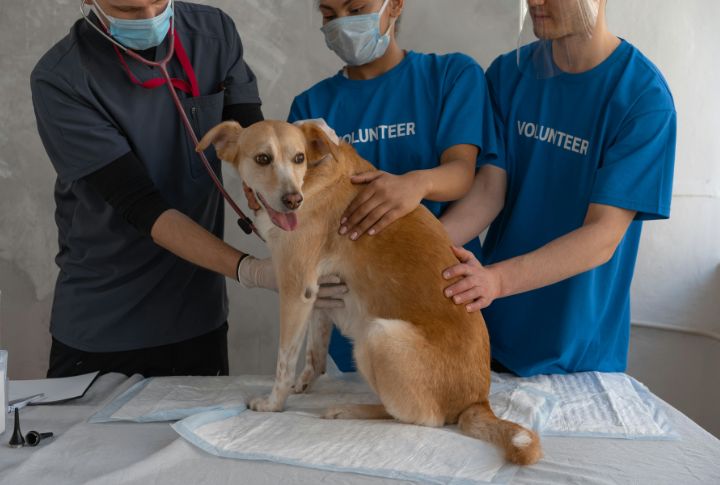
When your dog starts rejecting regular food but still takes treats, it might signal an underlying health issue. Health issues like kidney disease, liver problems, or infections often affect appetite. A consistent lack of interest in food warrants a vet visit to identify any serious concerns early.
Picky Eating Habits
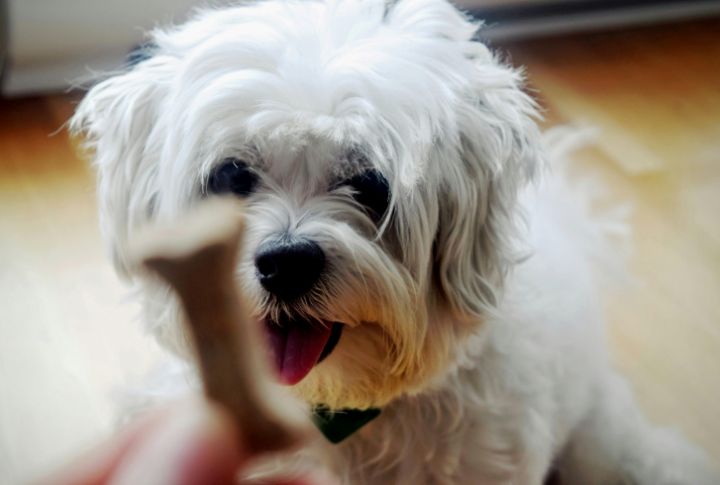
Some dogs are just picky. If your dog prefers treats over meals, they may have developed a preference for the taste or texture. Try mixing wet and dry food, or switch up their brand to something more enticing. A small change could make a big difference in their appetite.
Teething in Puppies
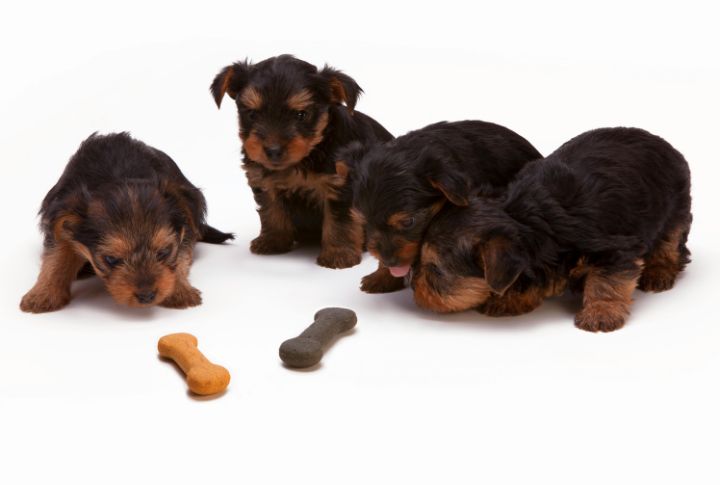
Puppies going through the teething phase might find it uncomfortable to chew hard food. In this case, they may prefer soft treats. Offering softer food or moistening their kibble can make mealtime more comfortable and ensure they get the nutrients they need during this stage.
Spoiled or Stale Food
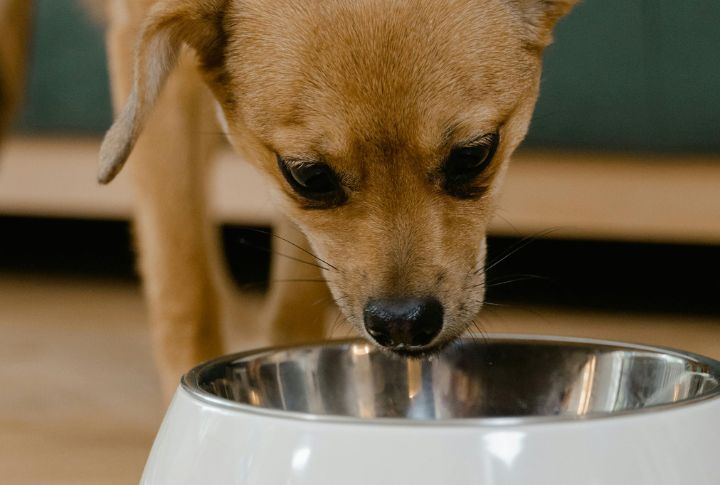
With thirty times more smell receptors than humans, dogs can pick the odors you’d miss. That’s why they often sniff their food before eating. If the food smells stale or unappealing to them, they may refuse it. Give them a fresher, more appealing option to solve the problem.
Boredom with Regular Food
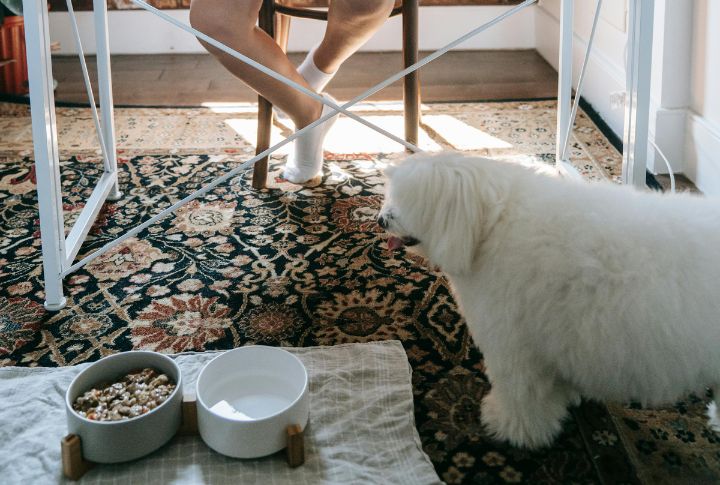
If your dog refuses meals but jumps at the chance for treats, they could be bored with their food. Just like us, dogs can grow tired of eating the same thing every day. Changing their food or adding some variety might get them interested in meals again.
Medication Side Effects
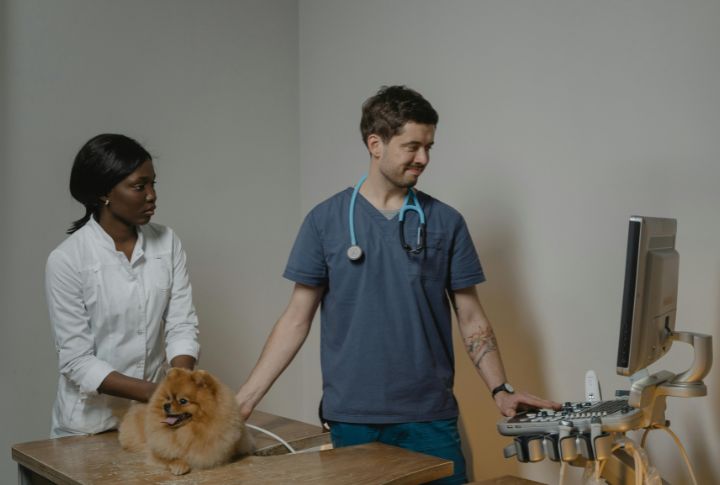
Certain medications may cause your dog to lose interest in wholesome food while still eating treats. If your dog is on a new prescription, check with your vet about possible side effects. Vaccines can also lead to temporary appetite loss, though this usually resolves quickly without further issues
Food Bowl Preferences
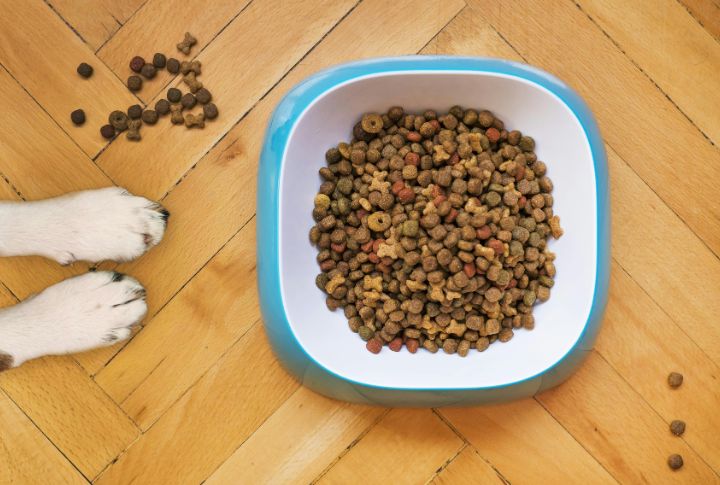
Sometimes, the food bowl itself can be a problem. Some dogs may refuse to eat from certain materials or heights. If you’ve recently switched bowls or feeding locations, try experimenting with different setups to see if your dog feels more comfortable eating from another bowl.
Power Struggles with Other Pets
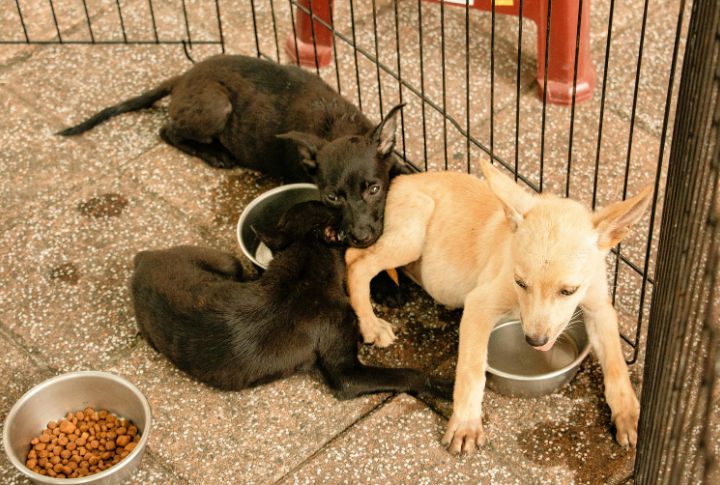
Your dog may feel intimidated or dominated during mealtimes if you have multiple pets, especially if there’s competition for food. They may avoid eating to prevent conflict. Feeding your pets separately or in different rooms could help your dog feel more secure during meals.
Digestive Issues
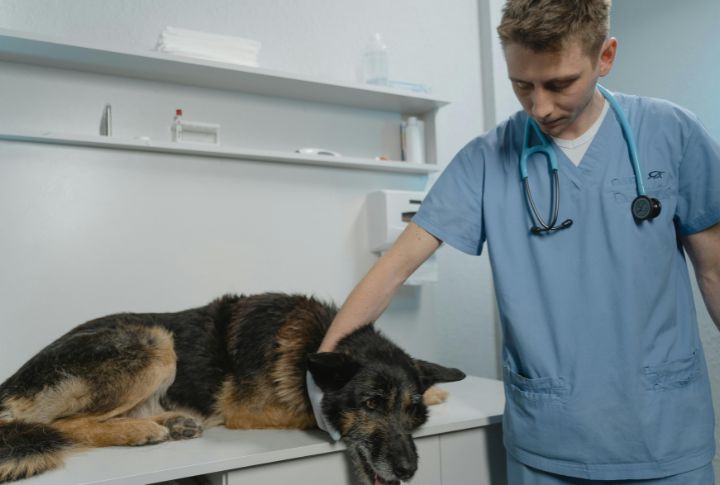
Problems like an upset stomach, gastritis, or inflammatory bowel disease can make your dog avoid food, associating it with discomfort. Treats might be easier to handle, but consistent food refusal could signal digestive issues.
Holding Out for Treats

Dogs can be clever, and some might refuse regular meals in hopes of getting more treats instead. If this sounds familiar, it’s important to set firm boundaries. Offer meals at set times, and avoid giving treats until after they’ve eaten their food to encourage better eating habits.
Changes in Flavor or Texture
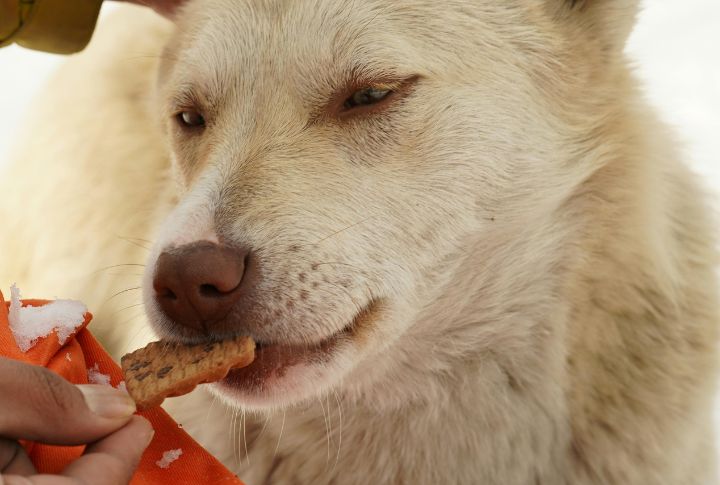
If you’ve recently changed your dog’s food, the new flavor or texture could be throwing them off. Some dogs need time to adjust to unfamiliar tastes. Gradually mixing the new food with their previous one can help them get used to the change and encourage them to eat again.





